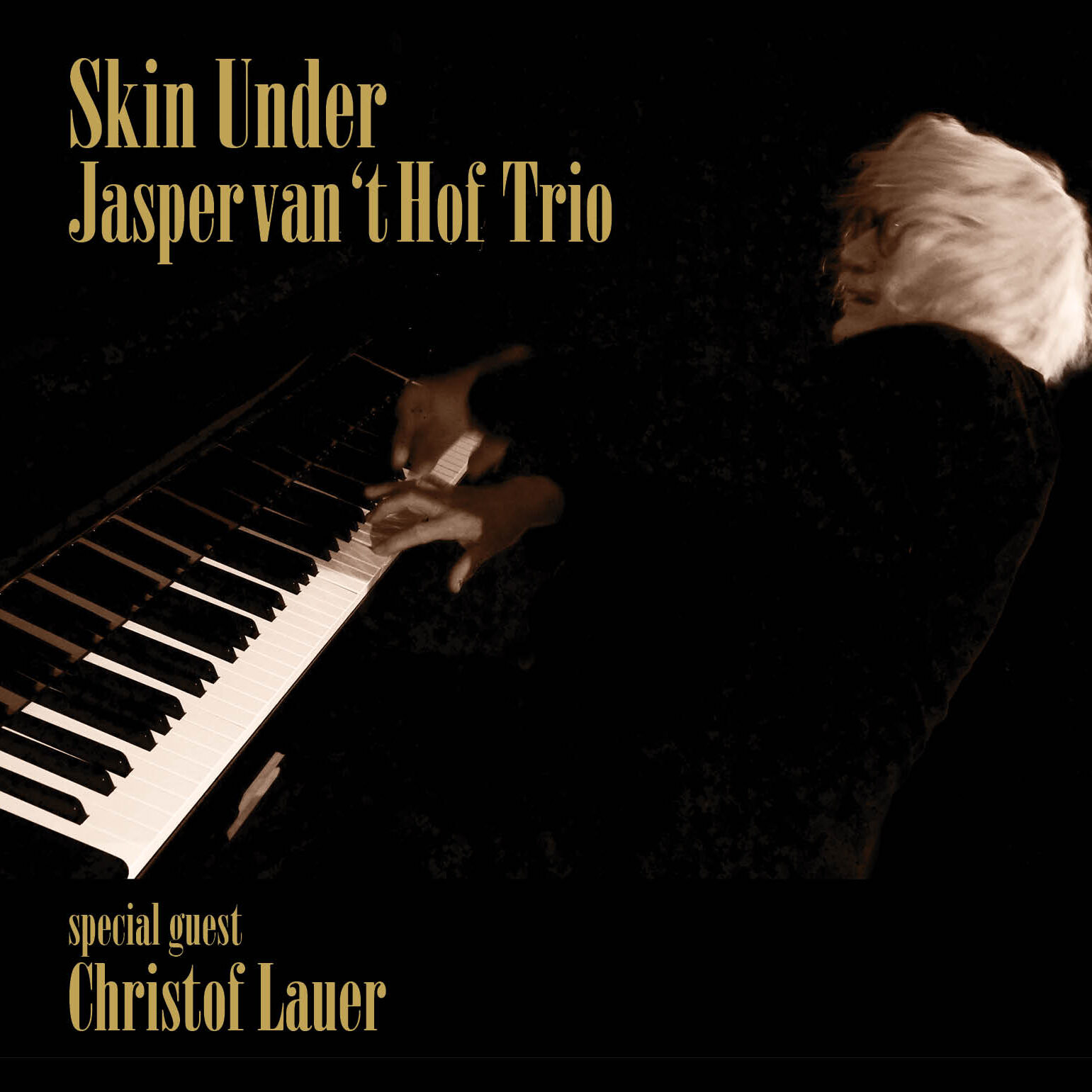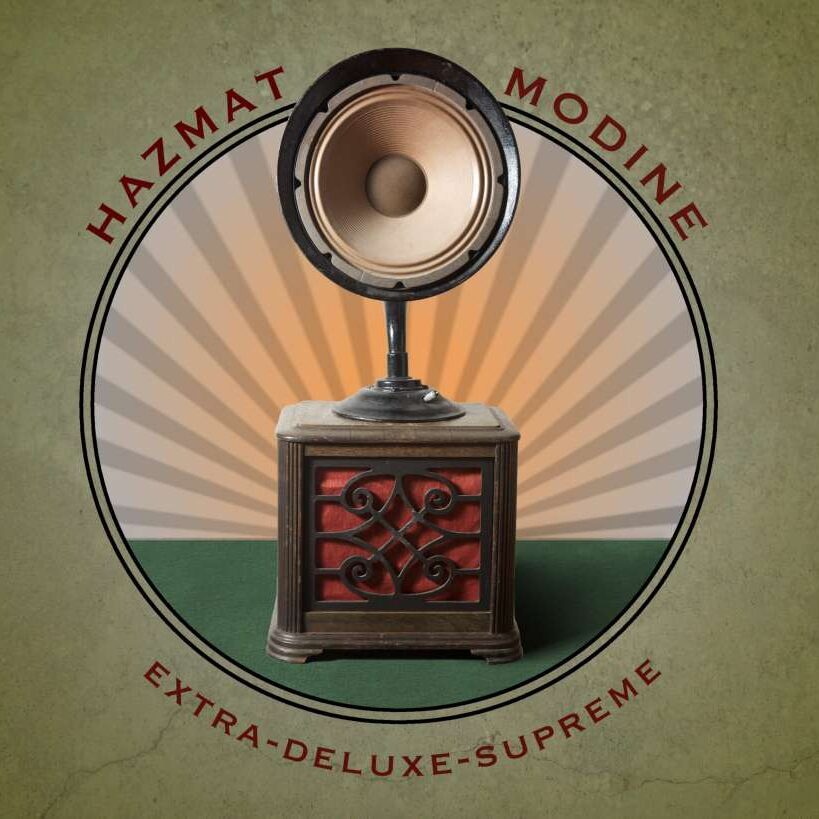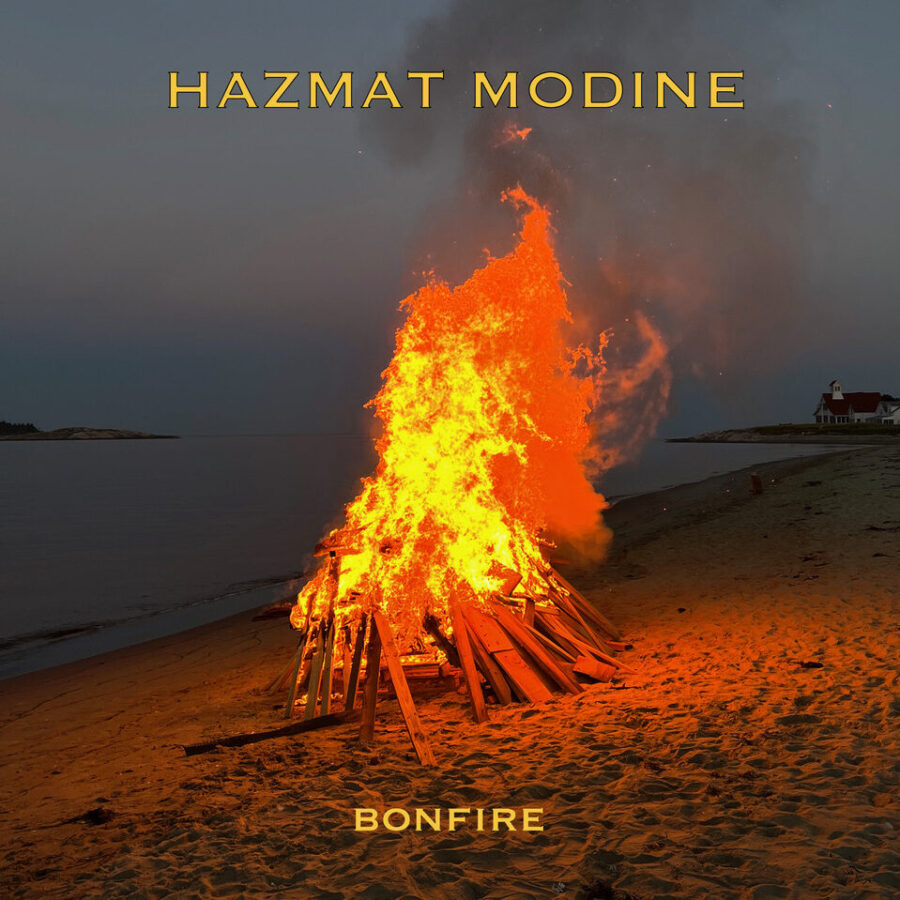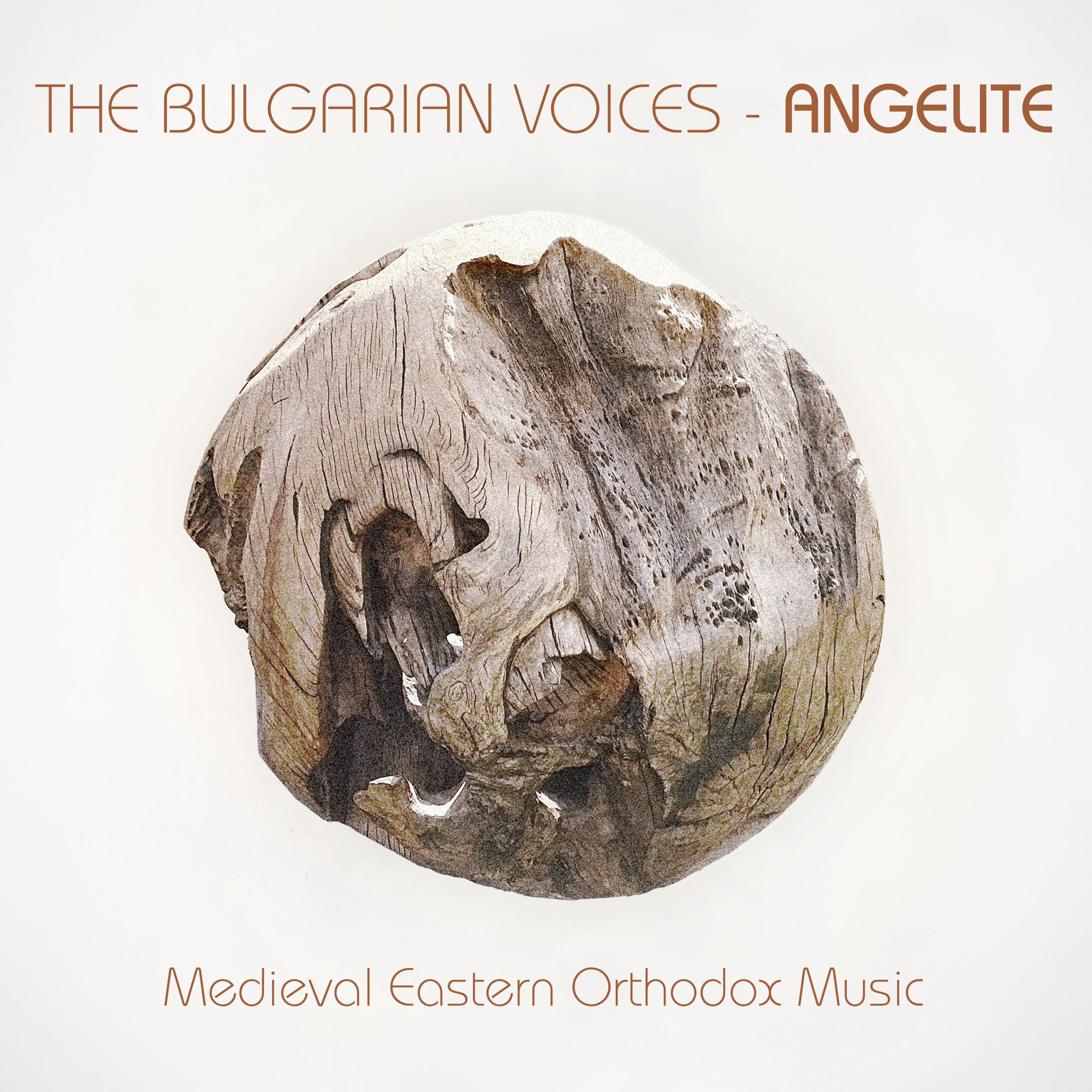- You cannot add "The Wild East" to the cart because the product is out of stock.
Tasca beat – o sonho portugués
19,00 €
It will sound intimately Portuguese, but at the same time you will notice rhythms most associated with Angola and Cape Verde, and you might unearth a ska track, a flamenco song in Spanish, and Miranda singing in Creole and French.
OqueStrada’s debut CD aptly titled Tasca beat – o sonho portugués (Tascas are akin to the tapas bars of Madrid, a watering hole where one can get food and chat with friends and family) is one of those CDs that you can play from one end to the other, without skipping a song. It’s the best way to experience OqueStrada’s cornucopia of sounds and rhythms, and to truly appreciate their music. It will sound intimately Portuguese, but at the same time you will notice rhythms most associated with Angola and Cape Verde, and you might unearth a ska track, a flamenco song in Spanish, and Miranda singing in Creole and French. Included below are two songs that capture the essence of OqueStrada beautifully. Oxalá te Veja and Se Esta Rua Fosse Minha are two passionate songs that will render you incapable of sitting still and will perhaps make you love the wonders of globalization and the clash of cultures.
httpv://www.youtube.com/watch?v=KwGUl6bUlM8&list=PL3F19C3647904F8A8&feature=plcp
[/tab][tab title=”Press”]“In this debut there’s all that makes this multi-national band from Almada one of the best and most imaginative Portuguese projects since ages: the fado as the base idea but hundreds of other styles more – hip hop, ska, Brazilian music, waltz or morna, amongst many, always with delicious lyrics, pose and detours (Roberta Flack and Billy Idol included)” António Pires, Time Out, 2009
“Taken by the hand and voice of Miranda – perhaps Carmen as first name, admirable and chameleon-type of creature able to play different personalities at the same time – they invent, madly, in the space of just one song, tangos/musette, mornas/flamenco, balcanic fados and bossas/ska. They jump, without falling, from Portuguese to Creole, from this to Castilian, to English or French (returning to the start place). Over one second, they replace the Billy Idol mask for the Roberta Flack one and, like a philharmonic band on acid, Pablo, Lima, Zeto and Donatello dream up the precise thing the person who coined the term “world music” was thinking about.” João Lisboa, 2009
“It’s been seven years Oquestrada dedicated themselves to install the party wherever they pass. Now they decided to put all their dysfunctional ideas and that strange and bastard notion of musicality in a record with a delicious title (“Tasca Beat”). In Oquestrada’s songs there are braguesas [a portuguese rural, old type of acoustic guitar], cavaquinhos [the tiny Portuguese guitar that evolved to the Hawaiian ukulele], accordions, brass, cheesy folklore, druggy tango, pilgrimage music, fado sung by challenge, songs in Portuguese, in Brazilian, in Creole, in Spanish, in French and in English (all ill-accented), out of tune melodicas, drunk chants, […]. It’s like a philharmonic band that messed with the score sheets, where each one plays a different song, but all of it makes one to dance.“ João Bonifácio, Público, 2009
“«Tasca Beat» is the popular neighborhood song based on a stylistic richness that goes from fado to popular music, passing through some balcanic references (which in Oquestrada’s vision come from some Portuguese tradition). Always with lots of humor in the mix. In a perfect world, «Tasca Beat» won’t be classified as world music as that term reduces the music that celebrates the artistic liberty that goes far away from the borders of the song. To listen in a tasca near you.” David Pinheiro, Disco Digital, 2009
“What these guys (and marvelous gal) have created in Tasca Beat has never been done before in Portuguese music. Tasca Beat is the result of 7 years spent on the road soaking up the soul of Portugal, and it shows. Anyone who has ever been to Portugal and eaten its food, drunken its wine, reveled with its people and experienced its beauty will find that this album epitomizes Portugal, its exuberance, its irreverence, and its rhythm . What I like best about it however is that it goes deeper than that and incorporates the music of other countries Portugal has touched and vice-versa; Organito, inspired by the Angolan Bonga, and Tourné en Rond, inspired by Cape Verdean funaná, are examples. Kekfoi, one of my favorite tracks of the album, is a song that captures my feelings for OqueStrada, perfectly.” Cláudio Silva
“Marta Miranda has a special luminosity, unique, that merges between improvisation and audacity. The symbiosis starts in challenge singing or in fado, in circus luddism or foreignish («Killing Me Song»). They’re bold and innovative, graceful and nostalgic. […]From the suburbs to the tascas of fado, from the revue to the old rooms of Paris. What is certain is that they and Marta Miranda exhibit something that we already absorbed in the old movies or from remote memories and they still sound like something fresh and new.” Soraia Simões, Ruadebaixo.com
“In Oquestrada, everything is incidental. The way is made out from a musical fusion without limits, without barriers and without horizons to castrate an unstoppable originality. The spectacle is there, the theatre is there, along with one dramatic expression and ability that this road’s music always on party recalls (…). The routes are diverse, emotions are differentiated, the passion raised is somehow abnormal given the dramatic expression, given the cultural universal image dyed by the music of Oquestrada.” a-trompa.net, 2004
“Their vitality is awesome, their communicative capacity also. Also awesome are their musical skills, the versatility and availability of each one and the group. Popular and with great quality.” João Carneiro, Expresso
[/tab][tab title=”Promo Info”] [gview file=”http://www.jaro.de/wp-content/uploads/2012/09/Oqmailinfo.pdf” save=”1″] [/tab][/tabs]



